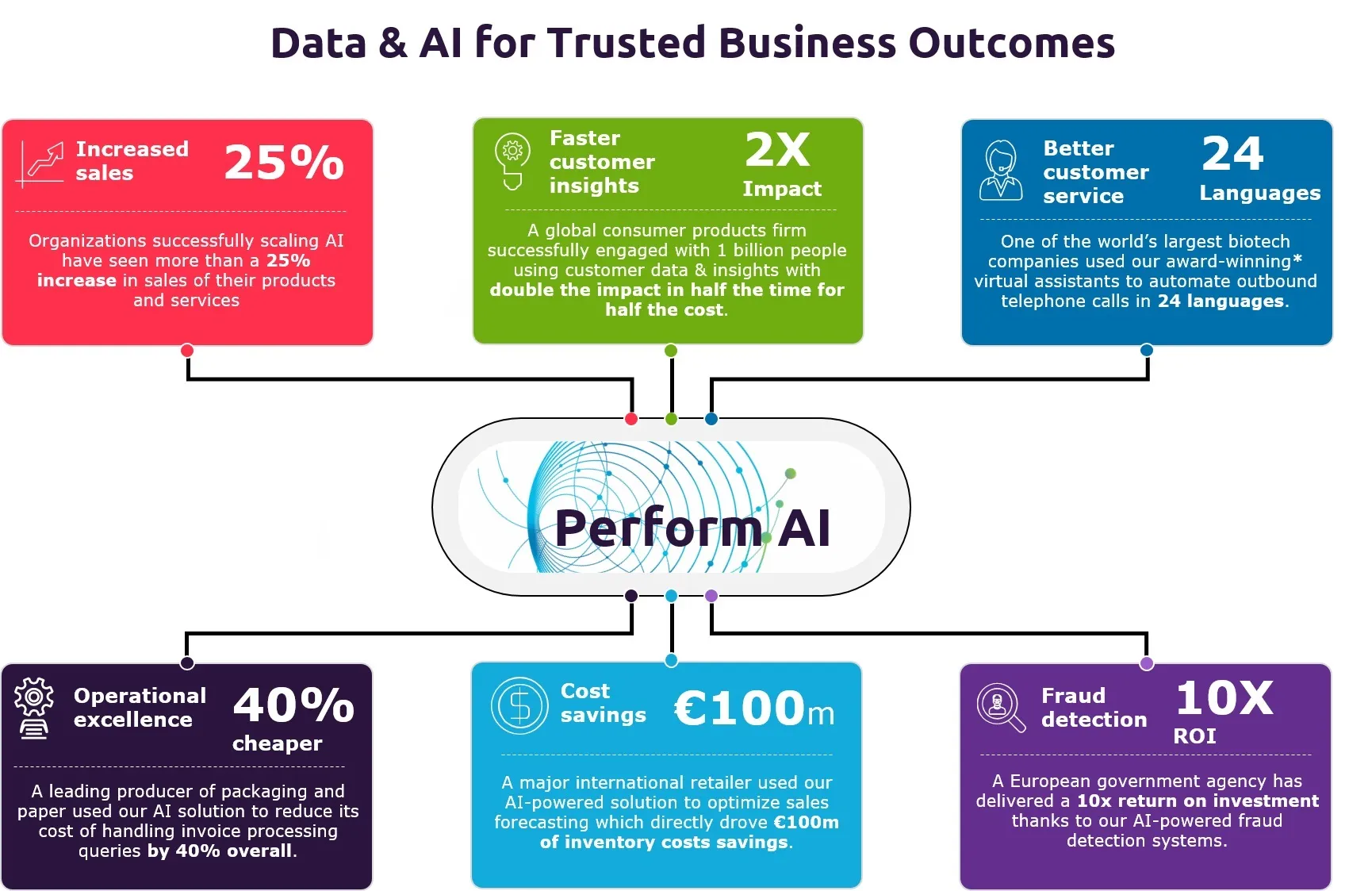As the global population ages, healthcare systems face increasing pressure to identify and manage age-related illnesses early. Trinet Technologies is part of a pioneering initiative that combines AI, federated learning, and medical insights to tackle this challenge—ensuring faster diagnoses, enhanced patient care, and scalable healthcare solutions, all while prioritizing data security and ethical transparency.
Early Detection of Stroke and Heart Failure Through Smart Monitoring
The project focuses on creating intelligent systems that support early diagnosis of diseases like stroke, heart failure, Parkinson’s, and neurodegenerative conditions. These solutions integrate motion sensors and ECG data to monitor patients non-invasively, enabling real-time insights into recovery and treatment effectiveness. This remote care approach is especially beneficial for patients in rural or underserved areas.
By leveraging wearable sensors, healthcare professionals can estimate a patient’s progress without the need for frequent hospital visits. This not only improves patient comfort but also reduces logistical strain on families and healthcare systems.

Federated AI: Privacy-Preserving Collaboration Across Institutions
One of the standout features of this initiative is the use of federated learning. Hospitals and research centers can collaboratively train AI models without ever sharing raw data, safeguarding sensitive patient information. Instead, only algorithmic updates are exchanged—ensuring data privacy and regulatory compliance.
To further enhance trust, Trinet has developed explainable AI systems that provide clear, human-readable model insights. Healthcare professionals can now validate predictions, understand how results are derived, and integrate AI into clinical workflows confidently. Tools like “Model Cards” and “Data Cards” help maintain transparency while facilitating adoption at scale.
"At Trinet Technologies, we are proud to help shape a future where age-related diseases are detected earlier, treatments are more personalized, and healthcare is more equitable for all.”
Scaling AI Solutions with Security and Equity in Mind
Security and ethics are core pillars of this effort. The use of advanced encryption and decentralized model training ensures data remains protected, while democratized access to AI models empowers even small hospitals to benefit from advanced diagnostics.
The approach also promotes inclusivity—institutions with limited infrastructure can still leverage the collective intelligence of multiple organizations, leveling the playing field across the healthcare landscape. AI is no longer limited to the few; it is now accessible to many.






